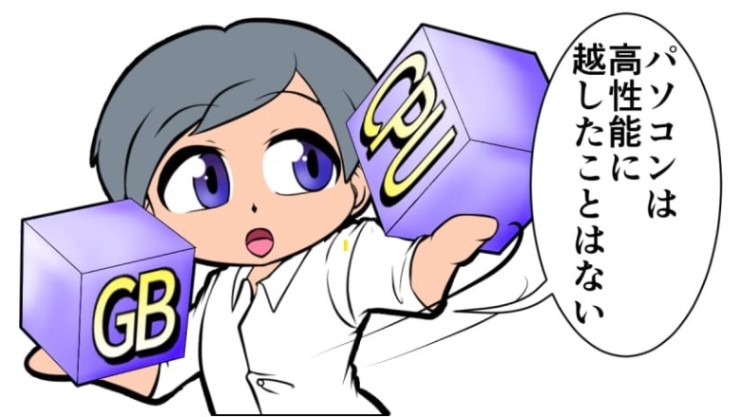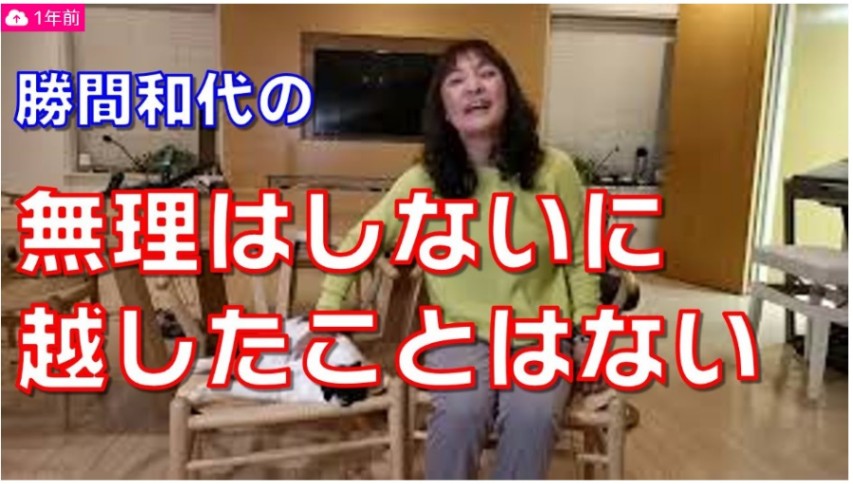〜に越したことはない (ni koshita koto wa nai) Meaning Japanese Grammar - It Is Better
Anna Baffa Volpe
Get in touch with meThe expression 〜に越したことはない (ni koshita koto wa nai) commonly means it is better, there is nothing better than, it is the best to, it is safiest to.
The particle は wa is often omitted colloquially and the form becomes 〜に越したことない.
Let's have a look at how the structure 〜に越したことはない is formed and how it is used in the Japanese language through phrases and examples of common usage.
How 〜に越したことはない is formed
This structure consists of:
- the particle に
- 越した is the past tense of the verb 越す which means
get over,surpass - the noun こと meaning
thing,matter,event - the particle は
wa - ない is the negative plain form of ある
be,exist
⇨ There is nothing that can get over ⇨ it is the best
This structure is used with Verbs, Adjectives and Nouns.
- Example with a Verb:
大事をとるに越したことはない。
There is nothing better than taking care of yourself.
- Using an Adjective in い: 高い
high,expensive
給料は高いに越したことはない。
High wages are better.
ルームメイトとは相性が良いに越したことはない。
It's better to get along with your roommate.
- With Nouns and Adjectives in な we have 2 forms.
In the first form we find:
- Noun + 越したことはない
- Adjective in な (without な) + 越したこととはない
In the second form:
- Noun + である + 越したことはない
- Adjective in な (without な) +である + 越したことはない

パソコンは高性能に越したことはない。
It's better to have a high-performance computer.
〜に越したことはない to express the best thing to do
The structure 〜に越したことはない is commonly used with the meaning of
- ~たほうがいい: it is better to do ...
- ~たほうが安全だ it is safer to do ...
The common sense 常識 joshiki suggests to perform that particular action among the various choices and options and suggests us that action is the best to do in that circumstance.
We can explain the form using different expressions such as: 出来れば ... 方がいい: if possible, it is better ... and 一般的に ... 方がいいと思われている: it is generally considered better to ...

無理はしないに越したことはない。
It's better not strain yourself too much.
とにかく準備をしておくに越したことはない。
It's always better to be prepared.
In the previous sentence we find a use of the て form combined with the verb おく: ておく expressing an action performed in advance in order to benefit from it later.
〜に越したことはない to express the ideal thing to do
A common use of this structure concerns the thing that is considered ideal, appropriate and useful in some circumstances.
It is also used when recommending or suggesting something to other people, always according to the common sense 常識, evaluating the circumstances.
約束の時間より少し早めに着くようにするに越したことはない。
It's best to arrive a little bit earlier than the scheduled time.
経験がなくても大丈夫ですが、やはりあるに越したことはありません。
It's okay if you don't have any experience, but it's always better to have one.
Words and expressions used with 〜に越したことはない
We often find certain adverbs or expressions joined to the structure 〜に越したことはない, such as:
- できれば
if possible - なら
if,in case - 可能なら
if possible - もちろん
certainly - せっかくなら the meaning of this expression is if you have to do that thing, then it's better ...
結婚するなら、相手はお金持ちであるに越したことはない。
If you're going to get married, it's better for your partner to be rich.
温泉に入れればどこでもいいけど、せっかくなら美しい景色もあるに越したことはない。
Anywhere you can get into a hot spring is fine, but if you're going to go there, there's nothing better than a place with a beautiful scenery.
知識はなくてもできますが、可能ならあるに越したことはありません。
You don't need to have knowledge to do this, but it is better to have it if possible.
Particle の joined to に越したことはない
It is possible to find in all forms the particle の before the structure に越したことはない. With Verbs:
- 行くのに越したことはない
- 行かないのに越したことはない With Nouns:
- 男なのに越したことはない
- 男であるのに越したことはない With Adkectives in い:
- 多いのに越したことはない With Adjectives in な:
- 好きなのに越したことはない
- 好きであるのに越したことはない
Examples of 〜に越したことはない
台風来るのが濃厚になったらしい。まあ外出しないに越したことはない。
It seems like there is a strong possibility that a typhoon is coming. Well, it's better not to go out.
健康のためには運動するに越したことはないが、習慣化するのが難しい。
Exercise is good for health, but it is difficult to make it a habit.
⇨ There is nothing better for health than physical activity, but making a habit of it is difficult.
学校は近いに越したことはない。
Schools should be close by.
疲れている時には、ゆっくり休むに越したことはありません。
When you are tired, there is nothing better than a good rest.
Similar grammar points in Japanese 📚
あんなふうに
あんなふうに (anna fuu ni) Meaning Japanese Grammar - Like That
というふうに
というふうに (to iu fuu ni) Meaning Japanese Grammar - in Such a Way That...
こんなふうに
こんなふうに (konna fuu ni) Meaning Japanese Grammar - Like This
ふうに
ふうに (fuu ni) Meaning Japanese Grammar - In a Way
そんなふうに
そんなふうに (sonna fuu ni) Meaning Japanese Grammar - Like That
っていうふうに
っていうふうに (tte iu fuu ni) Meaning Japanese Grammar - In Such a Way That...